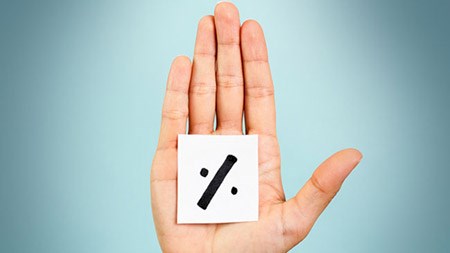With the interest rate set to rise again in late July, new home buyers may now think about whether to fix the interest rate on their home loan to create a buffer against further hikes.
Samuel Seeff, chairman of the Seeff Property Group says the decision as to whether to fix your interest rate depends on the individual. He says that in his over 38-years in the industry, the interest rate averaged around 12% to 16%.
Thus, at 8.25% and even taking it back to the 10% level where it was prior to the onset of the Covid-19 pandemic is still well below the average.
Floating interest rate
This is generally the standard when it comes to interest rates. A floating rate is directly linked to the prime or base home loan rate, and adjusts as the repo rate (repurchase rate) is adjusted by the South African Reserve Bank. These adjustments are made in increments referred to as basis points. For example, the last rate hike was 50 basis points which equates to half a percent.
When there is an adjustment in the rate, whether up or down, the interest rate on your home loan (and other credit and loans) will adjust accordingly.
Fixed interest rate
A fixed interest rate is a flat rate which is set for a period of time which means that if there is an adjustment to the interest rate, the rate on your home loan will not adjust. It, however, means that should the interest rate drop, you would not benefit from the savings on the lower rate, but you also do not have to pay more should the rate increase.
The drawback is that a fixed rate is usually set at a few percentage points above the prevailing rate, usually upwards of 2 percent. In South Africa it can generally only be fixed for 3 to 5 years compared to overseas where you could fix it for up to 10 to 30-years.
While it allows you to plan for certainty, it is only for a short period of time and the rate might not reach the amount of your fixed rate which means you are not benefiting if the rate drops.
Combating rising interest rates
Seeff says investing a deposit upfront is a great way to ensure you have a financial buffer. It will reduce the amount that you need to borrow and allow you to accumulate capital value faster.
You should also aim to put any spare money into your home loan as another way to reduce the repayment period and the interest that you will be paying in the long term. Keeping the repayment steady when the rate drops is one way to build up equity and the sooner you can pay off you home, the higher the capital value and equity that you can accumulate.
Writer : Gina Meintjes







